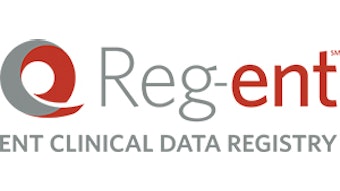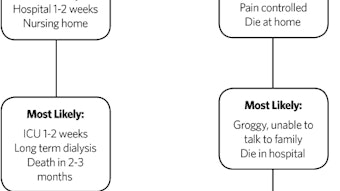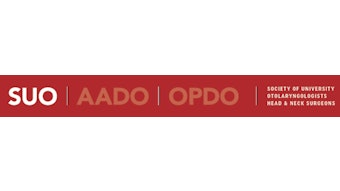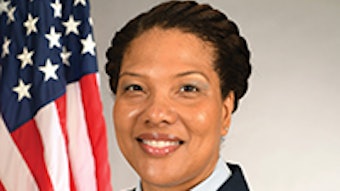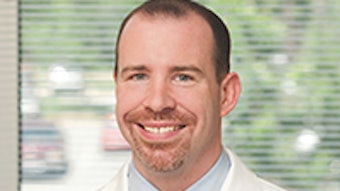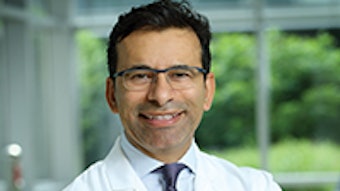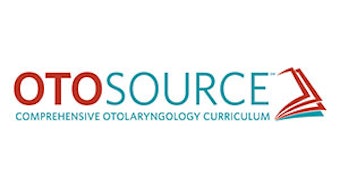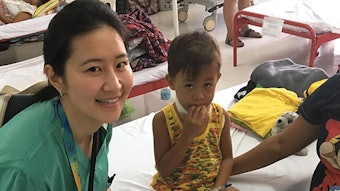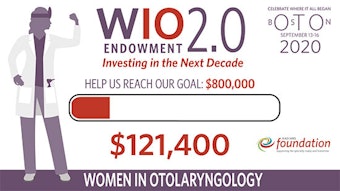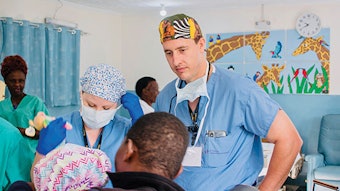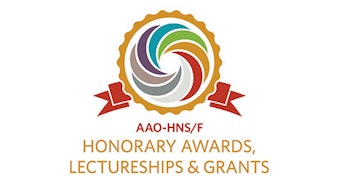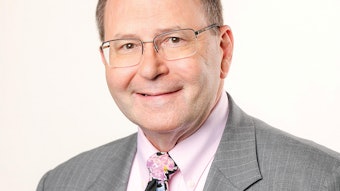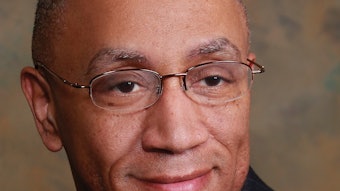American Board of Otolaryngology-Head and Neck Surgery Updates
On behalf of the Board of Directors of the American Board of Otolaryngology-Head and Neck Surgery (ABOHNS), I wanted to provide this timely communication with a few important updates. The first being related to the CertLink pilot, which entered the second year of the planned two-year pilot in January 2020.
Brian Nussenbaum, MD, MHCM, Executive Director, American Board of Otolaryngology – Head and Neck Surgery
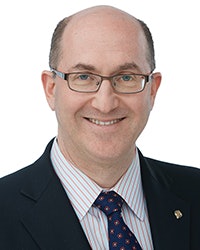 Brian Nussenbaum, MD, MHCM
Brian Nussenbaum, MD, MHCMOn behalf of the Board of Directors of the American Board of Otolaryngology-Head and Neck Surgery (ABOHNS), I wanted to provide this timely communication with a few important updates. The first being related to the CertLink pilot, which entered the second year of the planned two-year pilot in January 2020. As a reminder, CertLink is an alternative to the traditional, single point-in-time every 10-year exam; one in which the assessment can be done at the diplomate’s convenience on his/her computer using an online platform. In addition to the convenience, this new assessment is formative, meaning that one learns as the assessment is being done. The diplomate receives immediate feedback on whether his/her answer choice was correct, what the correct answer is, the key learning point of the question, a brief explanation about all answer choices being correct or incorrect, and links to appropriate references. For questions answered incorrectly, spaced repetition is used such that the diplomate receives a similar question, called a clone, later that year. If answered correctly the second time—demonstrating learning—full credit is given for answering the initial question correctly. Given that this activity incorporates a significant self-assessment component, part 2 self-assessment credit is additionally obtained for each year of participation.
The first year of the pilot went well, with survey results from the participants meeting or exceeding expectations in all aspects questioned about the content and platform. We were especially impressed that 75 percent of our diplomates responded Strongly Agree or Agree to “the program helps me provide better patient care.” Several changes were made for the second year of the pilot. These changes include: (1) eight practice area options to select for the assessment instead of three, (2) approval for awarding up to 10 AMA PRA category 1 CME credits for each year of participation, with the AAO-HNSF being the CME provider for the activity, (3) reference links to additionally include AcademyU® activities and the online comprehensive OTOSource curriculum, and (4) single-sign-on access to the CertLink platform through the diplomate’s login on the ABOHNS website. There were 1,140 participants in the first year of the pilot and 3,301 participants registered for the second year. Plans beyond the second year of the pilot are still being made and will be communicated as details become available.
Another update for 2020 is a policy change for the ABOHNS to recognize successful completion of otolaryngology-head and neck surgery residency training in programs accredited by the Royal College of Physicians and Surgeons of Canada (RCPS(C)) as fulfilling training requirements for eligibility for primary board certification in otolaryngology-head and neck surgery. In 2015, the ABOHNS was approached by the RCPS(C) to consider this policy change. Information was gathered between 2015 and 2018 by the ABOHNS. A Task Force was convened in 2018 to review the information obtained, gather additional information, and conduct further discussions with otolaryngology-head and neck surgery leadership at the RCPS(C). At the conclusion of this thorough evaluation, the Task Force recommended to move forward with recognizing training in RCPS(C)-accredited programs. This was approved by the ABOHNS Board of Directors and the newly created policy was later approved by the American Board of Medical Specialties (ABMS). The policy has some complexity due to: (1) aligning the new policy with our current policies for graduates from ACGME-accredited residency programs, and (2) needing to be consistent with prior policy decisions on this matter. For those that are interested, the policy can be found on the ABOHNS website (www.aboto.org). The ABOHNS wants to recognize D. Bradley Welling, MD, PhD, Ramon M. Esclamado, MD, MS, Wayne Matthews, MD, and Brian Westerberg, MD, for their leadership roles with this change.
The ABOHNS will be proceeding in 2020 to determine if updates are needed to the exam blueprints for primary certification. This important activity is periodically performed by certifying organizations to ensure that the certification exams still validly represent and include the relevant knowledge and skills required for safe and effective practice. When doing this, an essential activity is performing a Job Task Analysis (JTA) following a rigorous, psychometrically valid process. The analysis of the job (being an otolaryngologist-head and neck surgeon) subsequently informs the content of the certification exams and if changes to the current exam blueprints are needed. With the help of our Sponsoring Societies, including the AAO-HNS/F, the ABOHNS has assembled an exceptional, diverse group of Subject Matter Expert (SME) otolaryngologist-head and neck surgeons representing all practice areas on our primary certification exams. These SMEs will delineate the knowledge and skills tasks required for the contemporary practice of otolaryngology-head and neck surgery that will subsequently be incorporated into a survey sent to all ABOHNS diplomates for critically needed feedback. Please be on the lookout for a request from the ABOHNS to complete this survey later this year. Your help with this effort will be greatly appreciated.
Constructive feedback is always a valuable commodity. The ABOHNS encourages current and future diplomates who want to talk to reach out directly through the “Office Hours with the Executive Director” program (www.aboto.org). I hope this early 2020 update has been informative, and I look forward to hearing from you.
